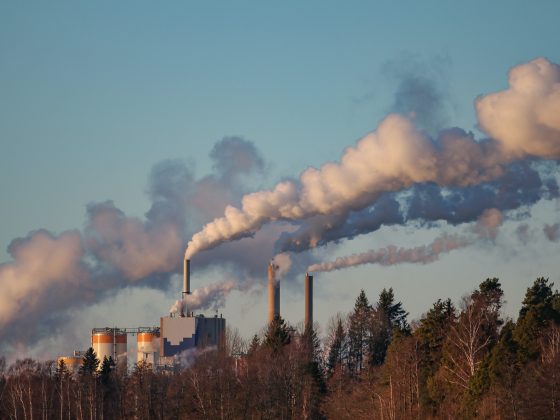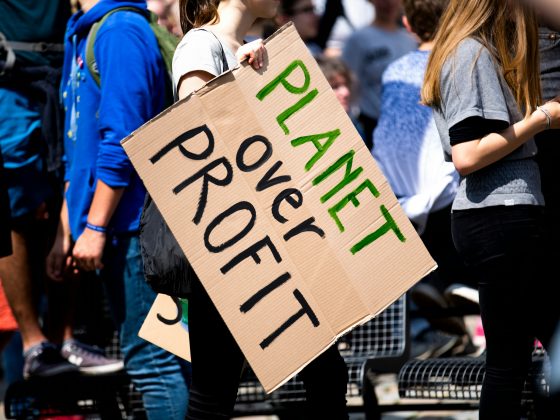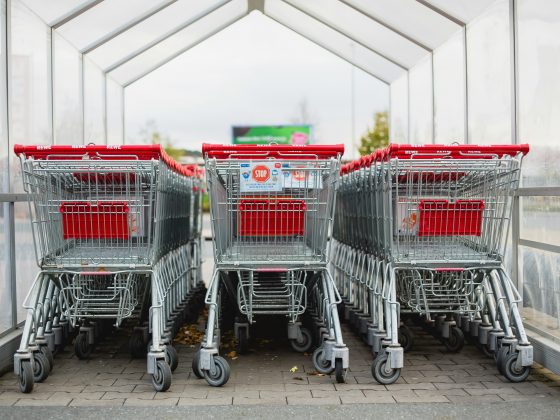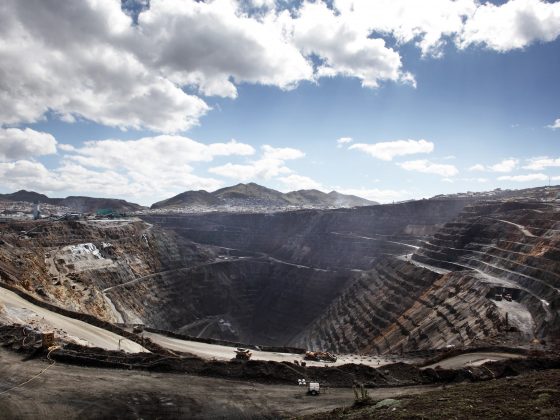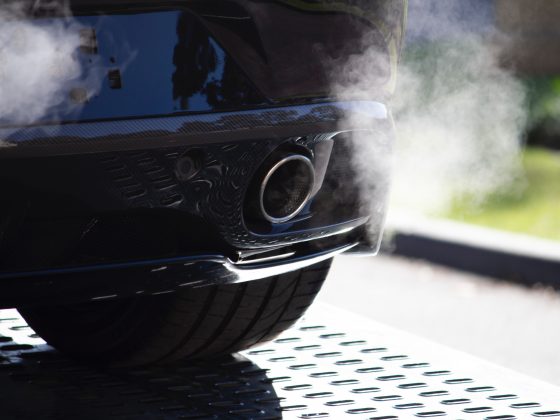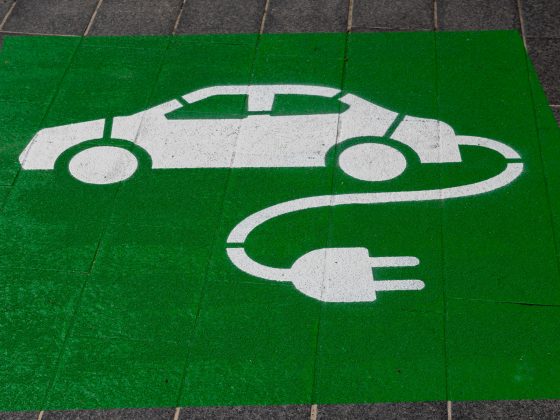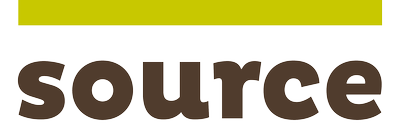Many companies will resist new EU regulations making them legally accountable for their environmental and human rights impacts overseas, but others may actually welcome them.
Consumers in affluent countries have become accustomed to wondering whether the products they buy are linked to human rights and environmental abuses in distant sites of production. Forced labour and modern slavery can be found in the supply chains of many products, from seafood to solar panels. Footwear and furniture production may be linked both to the destruction of rainforests and the air pollution that chokes many production sites around the world. Especially when suppliers are in countries where legal enforcement is weak and advocacy groups face repression, severe problems can easily remain unaddressed.
Since the 1990s, well-known retailers and brands have introduced voluntary standards for global production in order to assure consumers and investors that their products have been produced responsibly. However, many problems persist despite the existence of voluntary standards. Until recently, there have been few effective mechanisms at the national or international level to hold companies legally accountable for adverse impacts caused by their subsidiaries and suppliers.
From voluntary to mandatory corporate accountability
Over the past decade, a new wave of regulations have sought to change that by making companies legally responsible for the adverse impacts of their business activities overseas. These regulations make it possible to hold companies in one jurisdiction responsible for the harm caused by their subsidiaries and suppliers abroad.
In many cases, these regulations build on the idea that companies should exercise “due diligence” in monitoring and managing risks of human rights and environmental abuses in their global operations and supply chains. Human rights due diligence first gained ground in the United Nations Guiding Principles on Business and Human Rights and has expanded to include environmental issues, i.e. human rights and environmental due diligence (HREDD). HREDD has recently become the backbone of a wave of new policies in Europe.
France adopted the first comprehensive HREDD regulation, the Duty of Vigilance law, in 2017. Germany followed with its own Supply Chain due diligence law in 2021, and Norway took a similar approach in its Transparency Act of 2021. These paved the way toward the European Union’s proposed directive on Corporate Sustainability Due Diligence (CSDD), which is now entering the final stages of negotiation in the European Parliament.
The CSDD requires large companies selling a wide variety of products to exercise due diligence over an array of human rights and environmental harms. The CSDD was initially proposed by the European Commissioner for Justice, Didier Reynders, in April 2020 as part of the Sustainable Corporate Governance Initiative. At this time, there was strong pressure from leftist and green groups in the EU parliament to move forward with the directive. However, due to strong business opposition, the EC did not present its proposal until March 2022, with some contested aspects excluded from the proposal.
Corporate responses to regulation
The EU’s new regulations have been widely hailed as ground-breaking attempts to enhance corporate accountability across borders and move beyond the limitations of voluntary initiatives. But the question remains, how will companies respond to this new wave of regulation?
On one hand, companies are profit-maximizing organizations that seek to preserve their autonomy while expanding their markets. Researchers have long shown that when firms perceive their core business activities to be threatened, they have ample resources to engage in lobbying activities or otherwise bend the regulatory process in their favour. This already occurred with regards to HREDD regulations at the EU-level and in France, Germany, and perhaps most notably, in Switzerland—where mandatory controls were ultimately defeated.
It is also possible that companies that are already living with stricter standards may decide that this new wave of regulation provides an opportunity to lower expectations. After all, much of the business community in France fought against the Duty of Vigilance law when it was originally proposed, so the EU directive may provide a second chance to reduce their obligations. Even companies that have become recognized leaders in voluntary corporate responsibility may push for the new wave of regulation to be as flexible as possible, even if this means reducing it to a largely symbolic set of obligations.
Yet, researchers have also shown that in some circumstances, multinational firms will accept or even prefer a strengthening of regulatory controls. This is particularly likely if a proposed regulation would “level the playing field” and force competitors in less regulated countries to adapt to stricter standards.
In this respect, we would expect to see companies from countries that already have national-level HREDD regulations in place (such as France and Germany) to be willing to expand those regulations throughout the EU—at least to a greater extent than companies from countries that do not already have HREDD regulations (such as Sweden and Italy). In addition, regardless of where they are headquartered, companies that have already invested in high-quality voluntary standards might be in favour of mandatory regulations that raise costs for their less responsible competitors.
It has taken decades of work by reformers to get to a point where mandatory regulation of global corporate accountability is a real possibility. But the next chapter of the story remains to be written. To what extent will different groups of companies accept, promote, resist, or further water down this new wave of regulation? Rather than taking the CSDD directive as an accomplishment or picking apart its text, it is crucial to look at how companies of different sorts have strategized around it—and how these strategies continue to evolve. Only then we will we gain a clear understanding of whether the EU’s new wave of regulations will decidedly shift the logic of corporate accountability in global supply chains.


